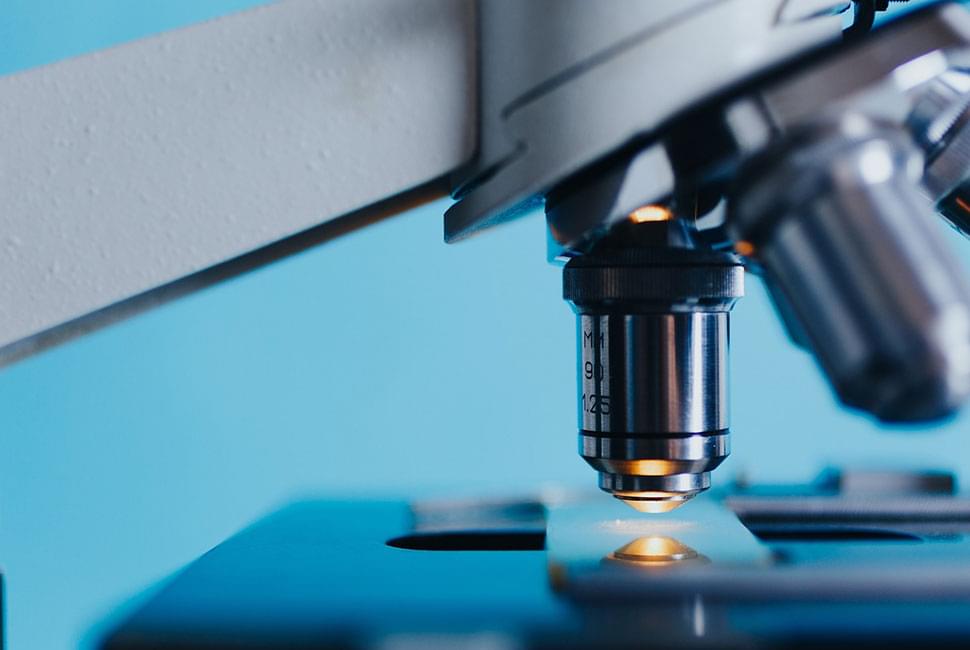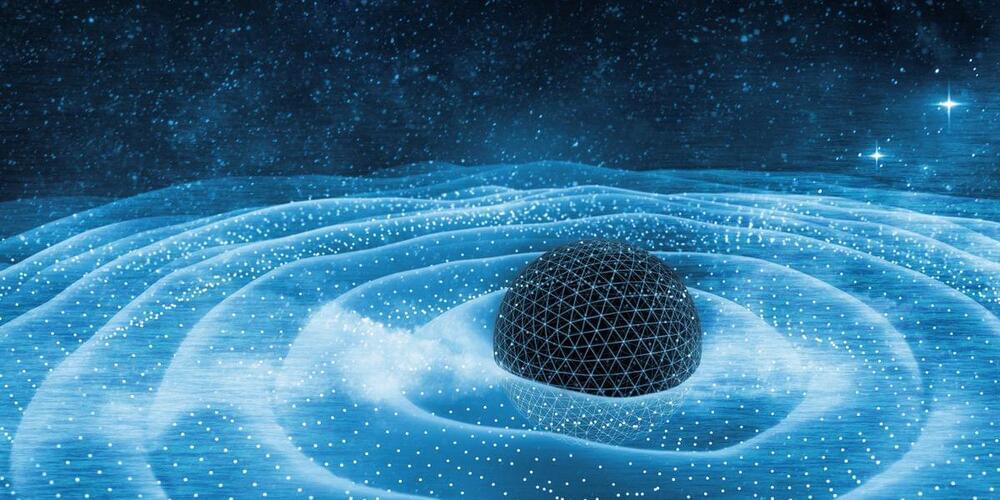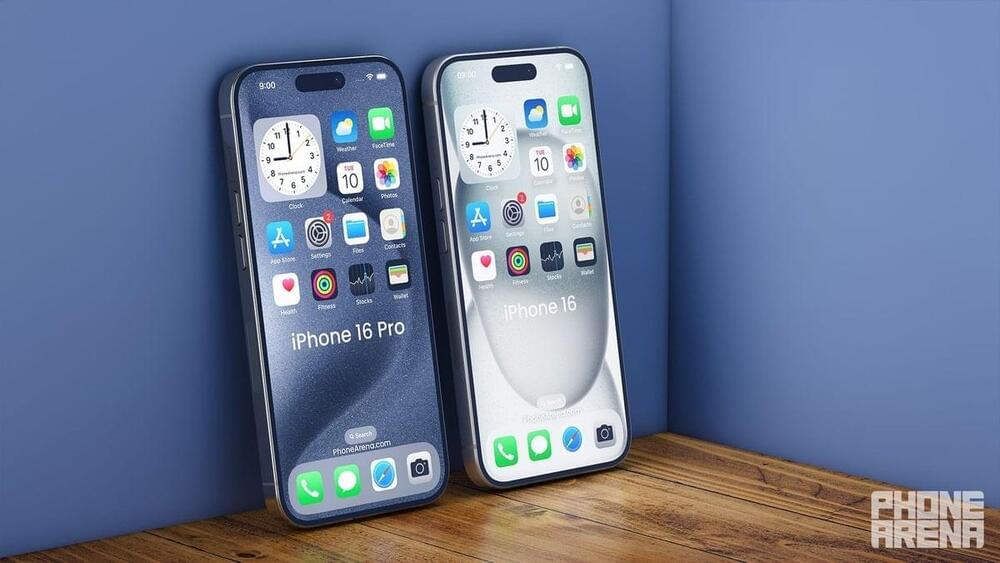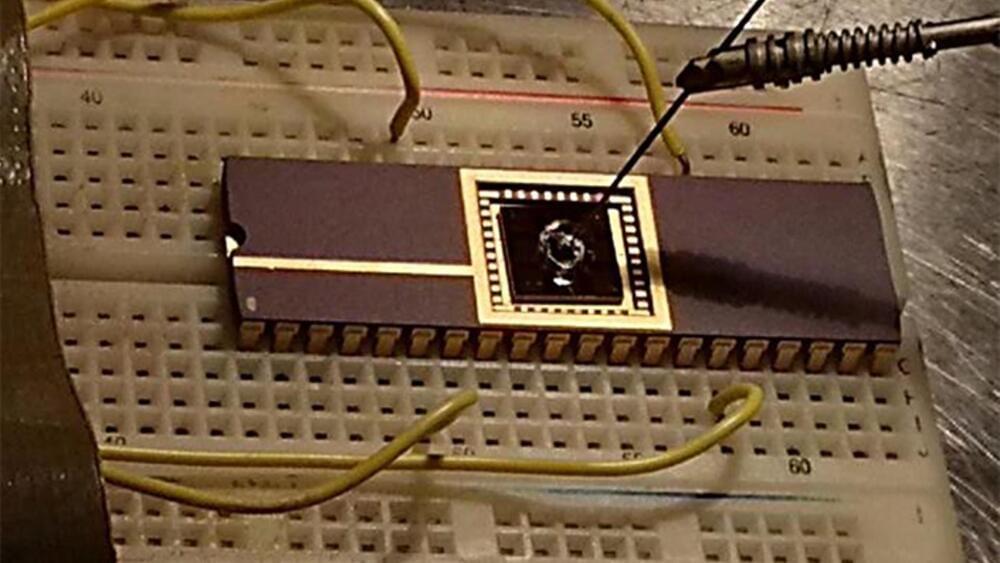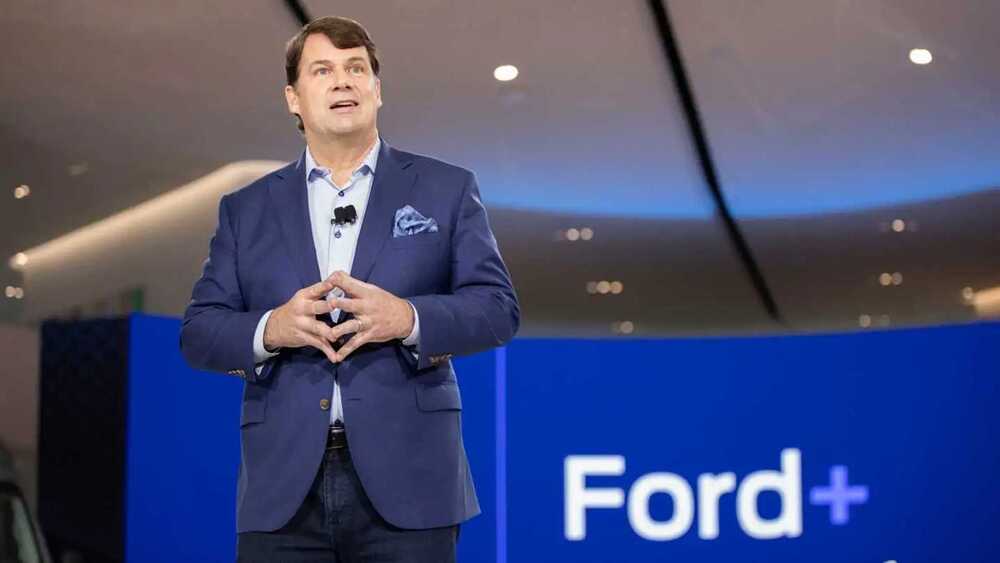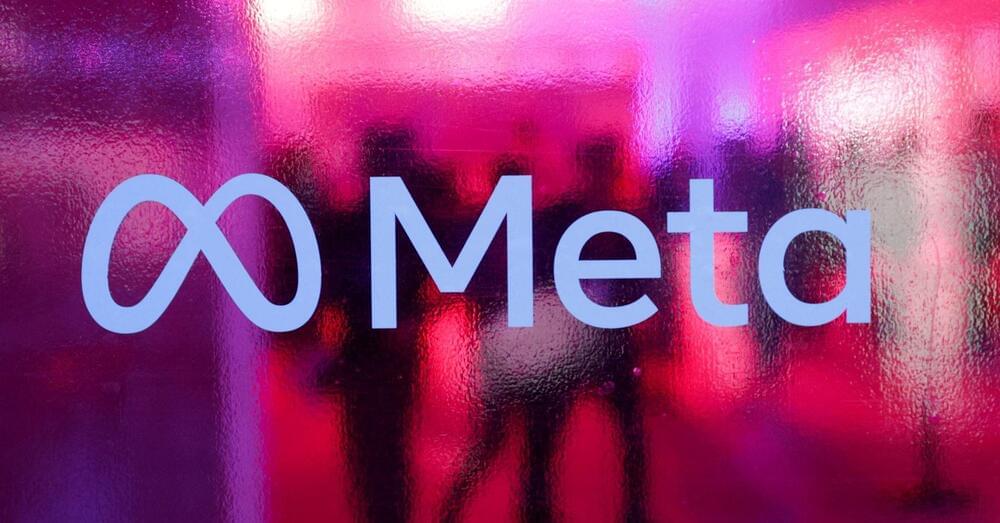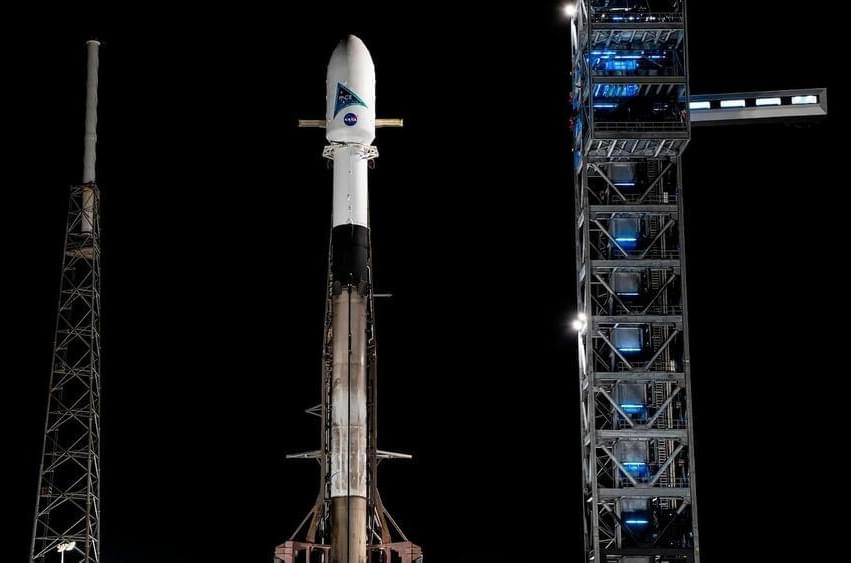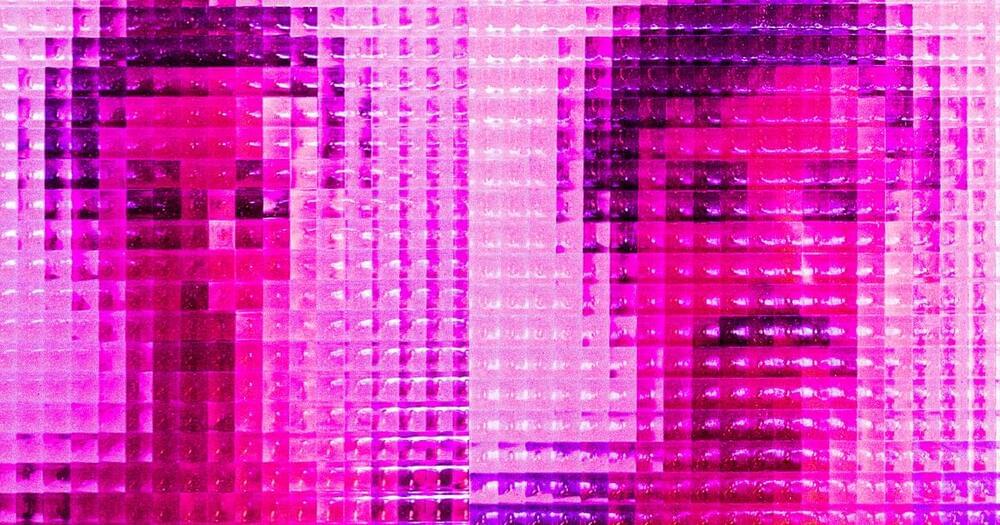An Australian cultured meat startup has “resurrected” the woolly mammoth — in the hope that people will think about eating it.
The challenge: Our traditional way of producing meat — by raising and slaughtering animals — is both bad for the environment and arguably unethical, yet demand for meat continues to increase.
Cultured meat, which is grown from muscle cells in a lab, can perfectly replicate the flavor of meat that comes from animals, so carnivores may prefer it to plant-based alternatives — once prices come down, at least. But some people may hesitate to even try cultured beef or pork when they could just keep eating the “real” stuff.
